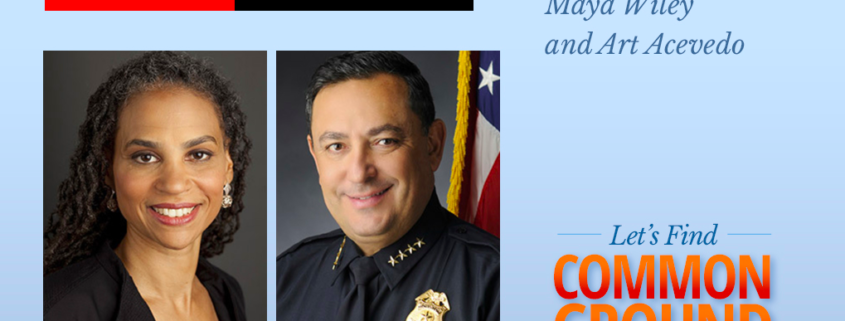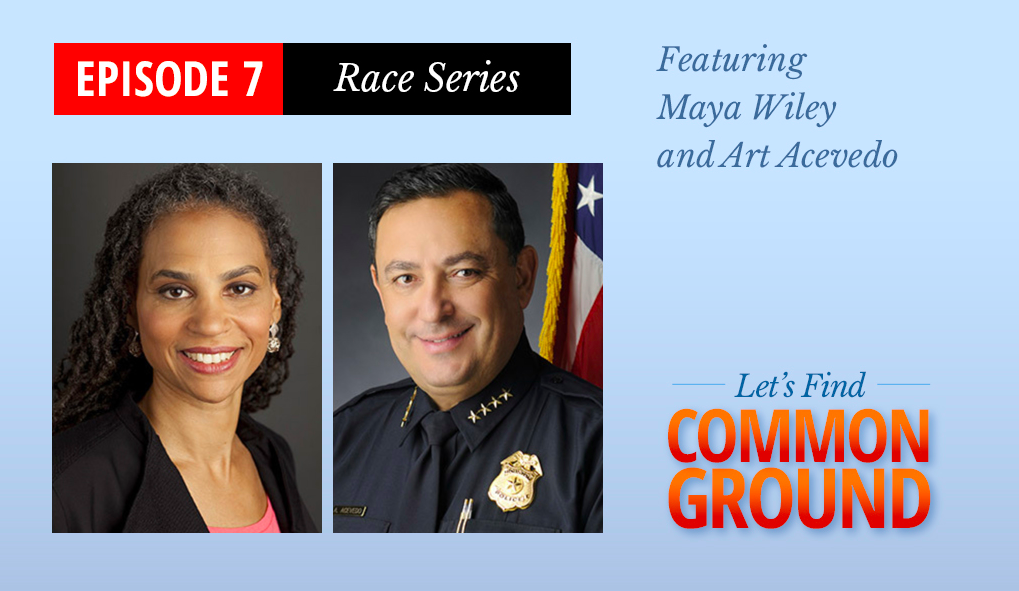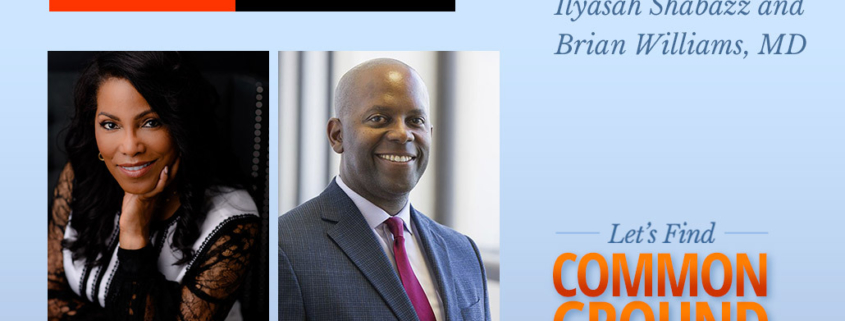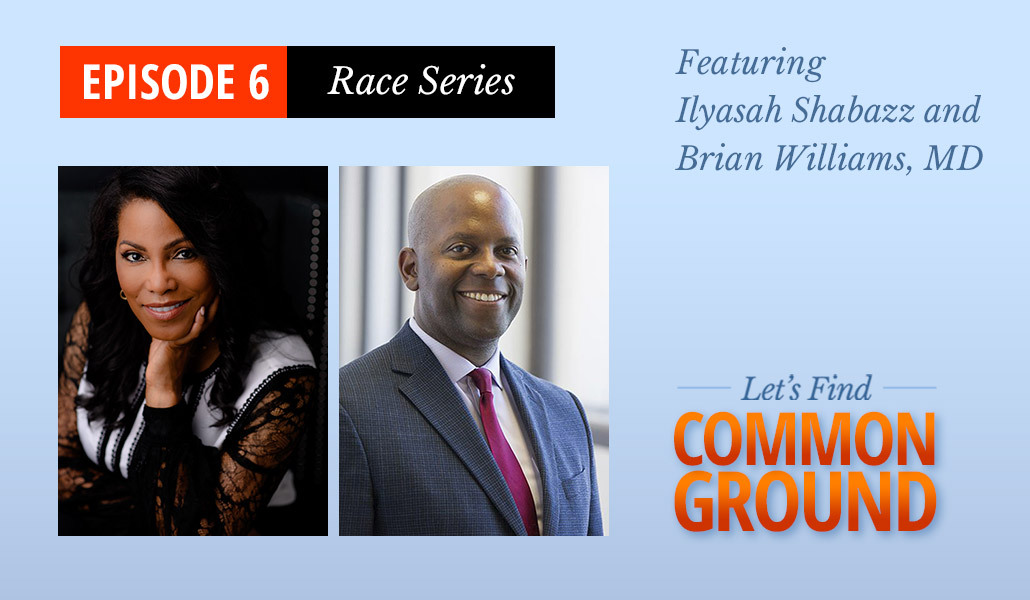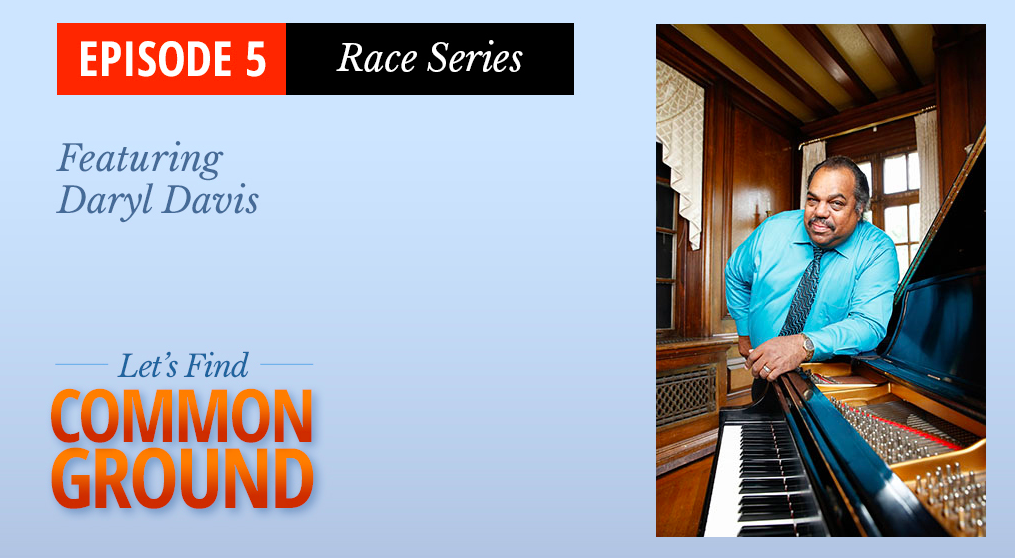2020 Election Briefing: U.S. Foreign Policy
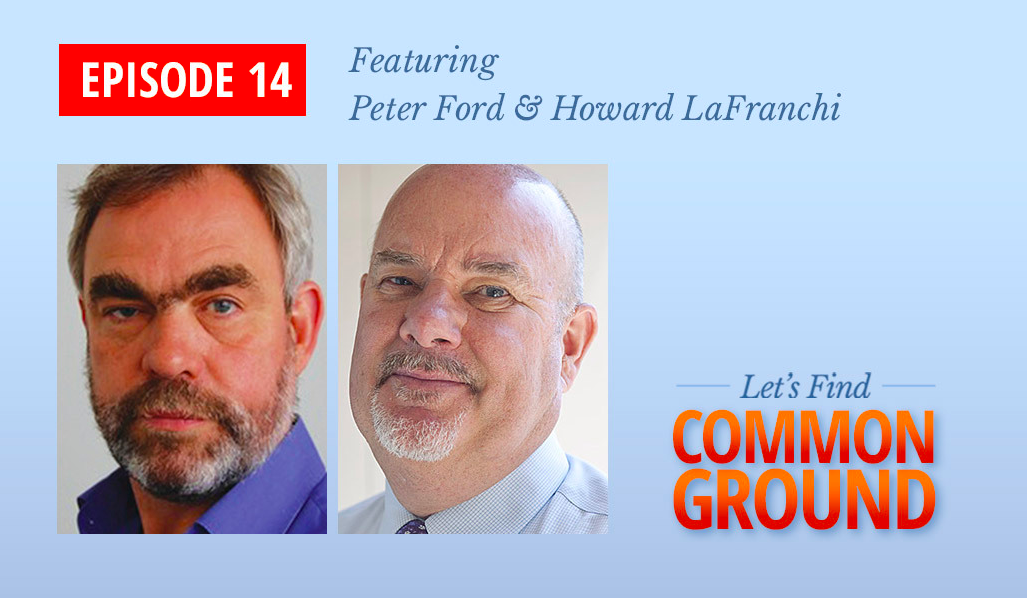
Subscribe to the Podcast
The “America First” policy has reshaped many global institutions. What is the future of America’s role in the world?
President Trump’s “America First” policy has led to a U.S. withdrawal from many global institutions. For decades after World War II, American leadership in the world was taken for granted. Today, the future of American hegemony is deeply uncertain.
In this episode, we explore the future of foreign policy with two highly experienced journalists, Peter Ford and Howard LaFranchi. Based in Paris, Peter is global affairs correspondent for The Christian Science Monitor. Prior to his current job, he spent a decade as Beijing Bureau Chief. Howard has been The Monitor’s diplomacy correspondent in Washington D.C. since 2001.
We discuss the U.S. pullback from the World Health Organization during the COVID-19 pandemic, America’s exit from the Paris climate accord, deteriorating relations with China, and the differences between Joe Biden and Donald Trump on America’s role in the world.
Read the Episode Transcript
Ep. 14- Election Briefing Foreign Policy
Peter Ford
Peter Ford is The Christian Science Monitor’s global affairs correspondent, based in Paris. Prior to his current posting, Peter served for a decade as the Monitor’s Beijing bureau chief, covering news and features throughout China and also makes reporting trips to Japan and the Korean peninsula. Before that, he spent six years as the Monitor’s Chief European Correspondent. Based in Paris, he covered news and features from the continent and also followed global trends in justice, religion and security, among other issues. Earlier, Peter served for four years as the Monitor’s Moscow bureau chief, reporting throughout Russia and the former Soviet republics.
Peter also worked as the Monitor’s Middle East correspondent, based in Jerusalem, arriving in the region in December 1990 just in time to cover the Gulf War from Saudi Arabia and Kuwait. From his home base, he traveled widely and regularly throughout the Middle East, focusing on the developing peace process and the interplay of religion and politics in Muslim countries. As a special correspondent based in Buenos Aires in 1989 and 1990, Ford covered Argentina and neighboring countries for The Independent of London and The Christian Science Monitor. Ford lived and worked in Central America from 1985-1989, writing for the Monitor, the Financial Times, and The Economist during the civil wars in Nicaragua and El Salvador. Prior to this, Ford was an editor with Inter Press Service, a news agency specializing in the affairs of developing countries. Ford is the author of “Around the Edge,” a book about a journey he made on foot and by small boat along the Caribbean coast of Central America published by Viking Penguin in 1991.
A native Englishman, Ford was educated in England and graduated from Durham University with an honors degree in politics and sociology. He is married to French journalist-author Edith Coron and is the father of two sons.
Read more by Peter Ford: “Power shift: How America’s retreat is reshaping global affairs.”
Howard LaFranchi
Howard LaFranchi has been the Christian Science Monitor’s diplomacy correspondent in DC since 2001. Previously, he spent 12 years as a reporter in the field; serving five years as the Monitor’s Paris bureau chief from 1989 to 1994, and as a Latin America correspondent in Mexico City from 1994 to 2001. LaFranchi has continued to travel as diplomacy correspondent and covered the Iraq War from the Monitor’s Baghdad bureau on numerous occasions. Prior to joining the Monitor, LaFranchi worked as the City Hall reporter for the Holyoke Transcript-Telegram. He is a graduate of UC Berkeley Journalism School and has a Masters Degree in Journalism from Boston University.
Read more by Howard LaFranchi: “The United Nations: Indispensable or irrelevant?”

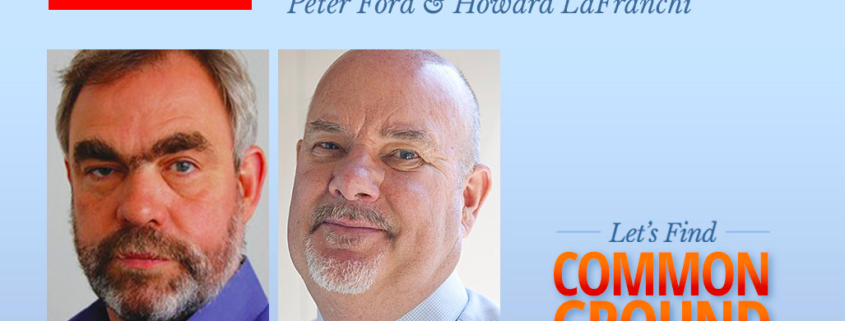




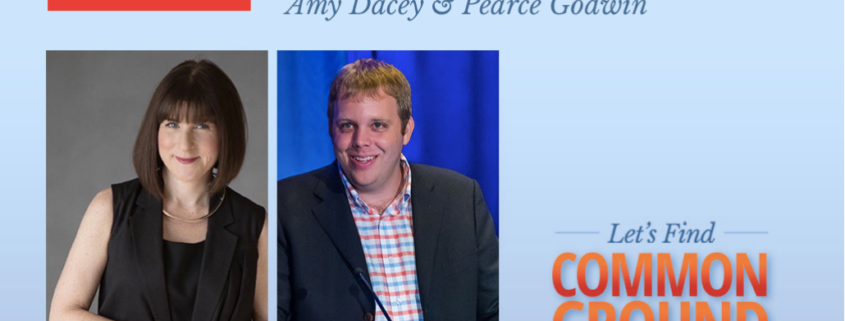
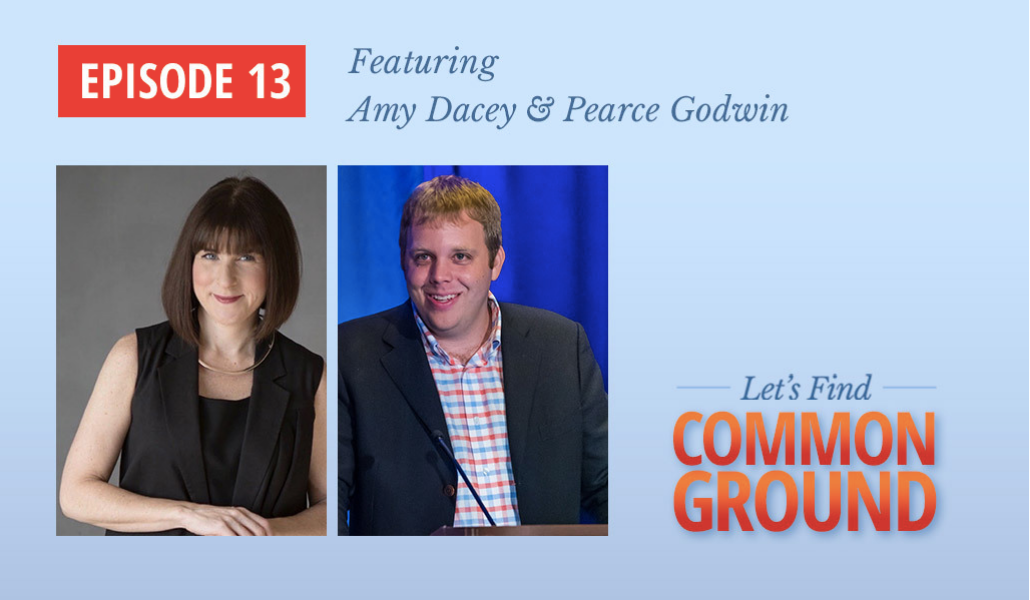
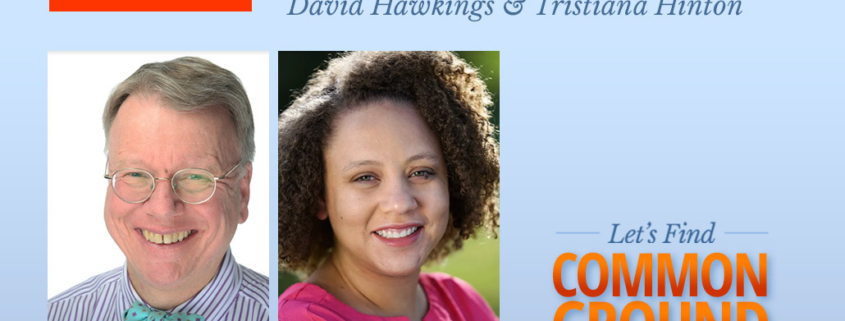
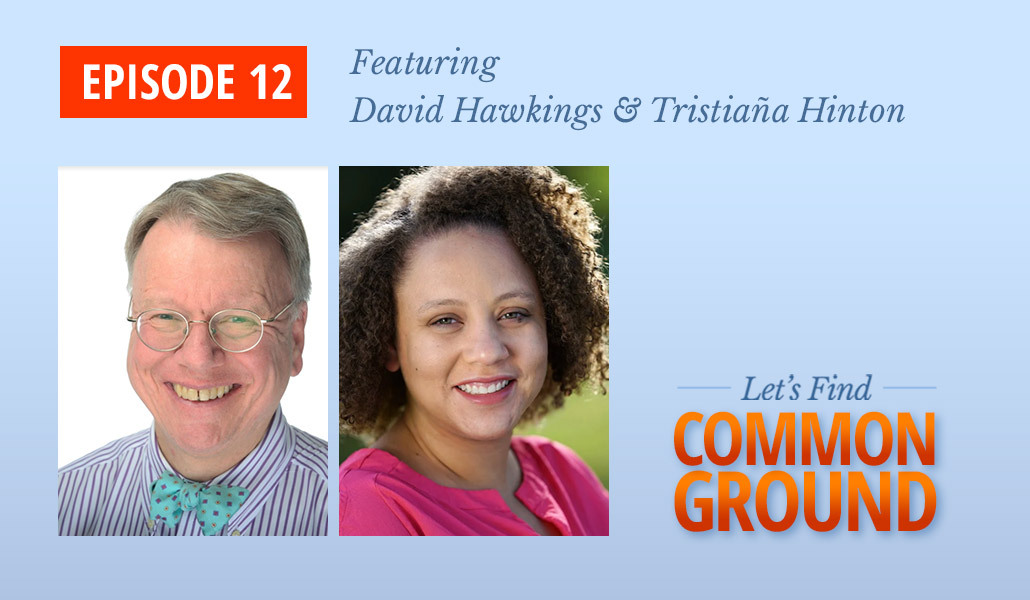
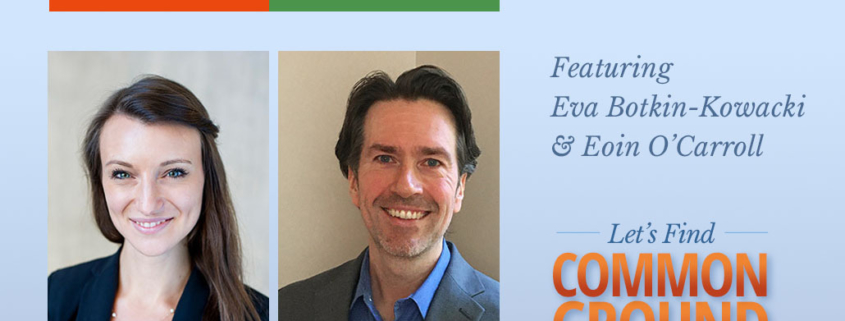
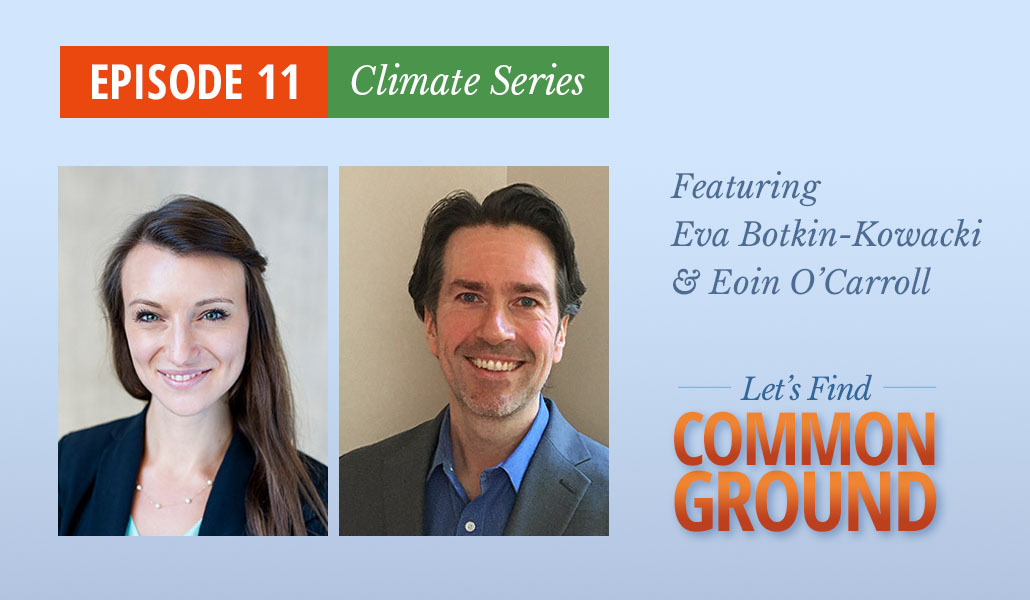
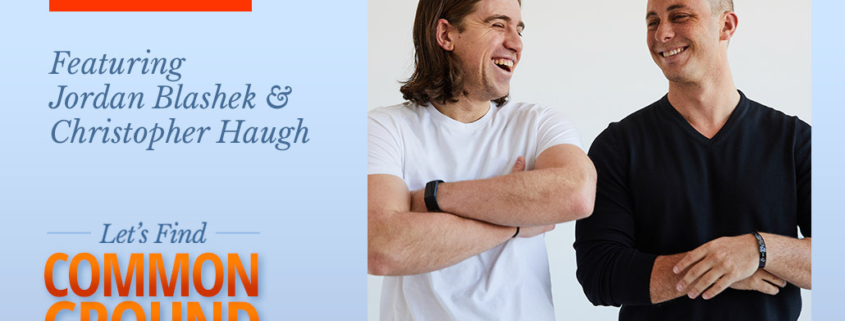
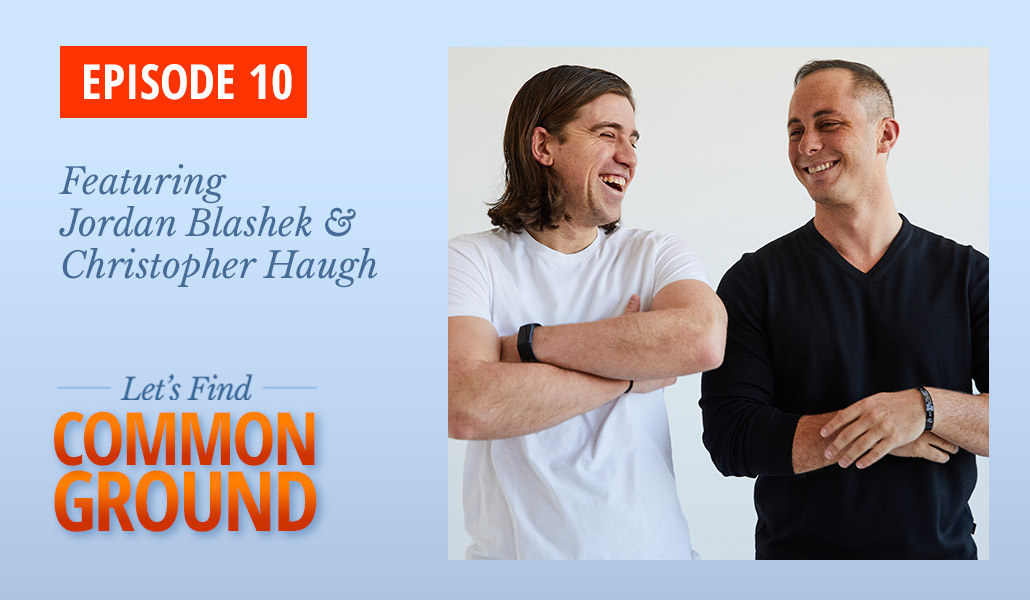
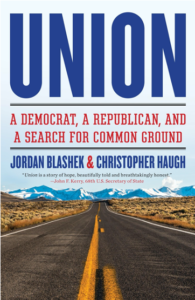
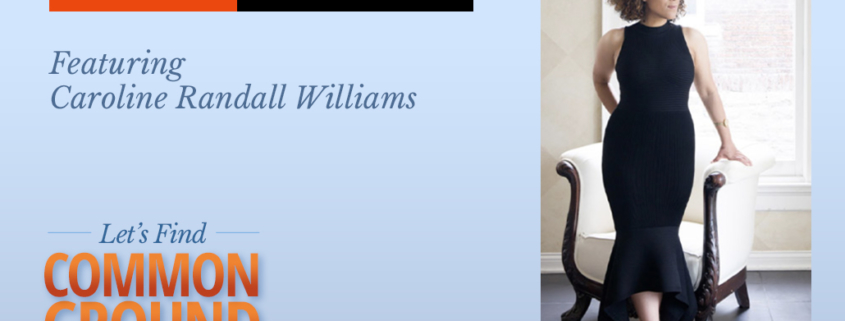

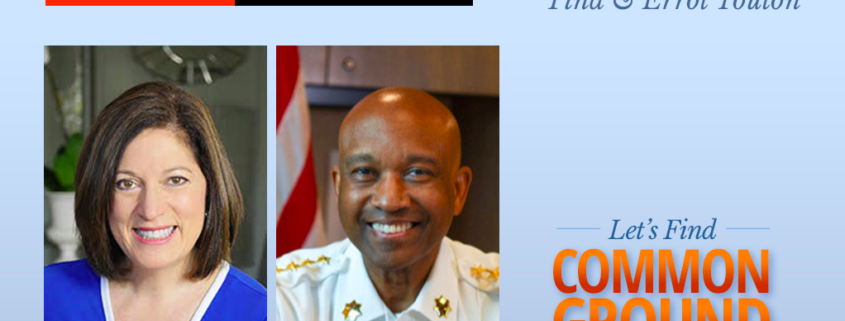
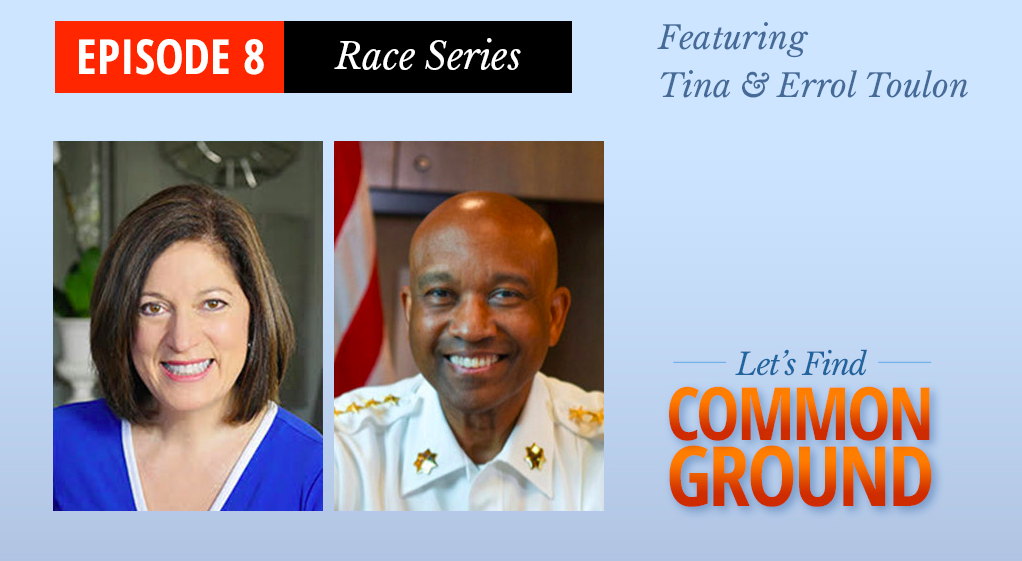
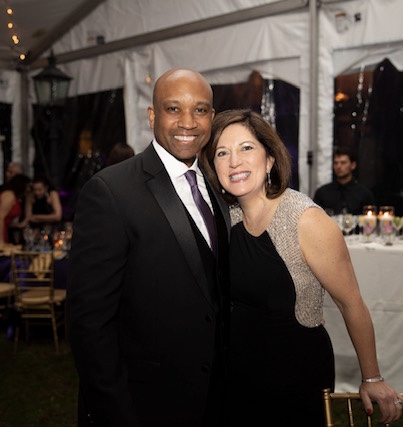 The need to find common ground for improving race relations has taken on new urgency with recent protests, and demands for profound change in America.
The need to find common ground for improving race relations has taken on new urgency with recent protests, and demands for profound change in America.